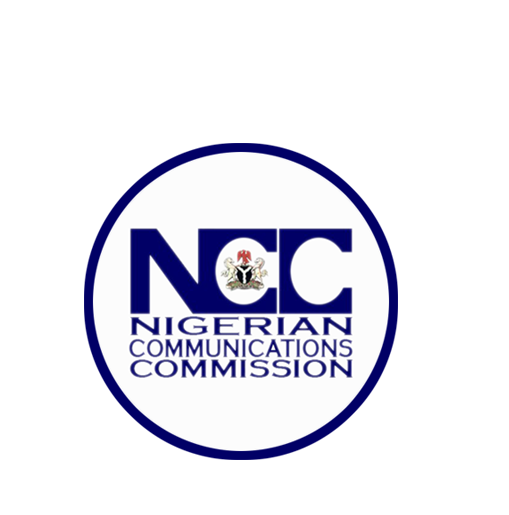The Nigerian Communications Commission (NCC) is actively working with the Central Bank of Nigeria (CBN) to resolve the ongoing N250 billion debt owed by Nigerian banks to telecommunications operators for Unstructured Supplementary Service Data (USSD) services. As the sector’s regulatory body, the NCC is committed to ensuring a sustainable and balanced resolution that protects consumers, promotes fair practices, and upholds the integrity of mobile financial services.
The Critical Role of USSD in Financial Services
USSD, a mobile communication system used for essential financial services such as money transfers, balance checks, and bill payments, is a vital tool for millions of Nigerians. However, telecom operators have raised concerns about non-payment by banks for these services, leading to an increasing debt burden that has now reached N250 billion.
The debt issue dates back to 2019 when telecom operators proposed a charge of N4.50 per 20 seconds of USSD usage, to be deducted from the fees banks collect from customers. The banks opposed the charges, citing the high cost of the proposal, which they argued would increase service costs by 450%. This disagreement has led to the current financial dispute.
NCC’s Commitment to Resolving the Issue
In light of the growing tension, the NCC has stepped in as a mediator between the telecom operators and the banking sector. Dr. Ikechukwu Adinde, Director of the NCC’s Consumer Affairs Bureau, emphasized the Commission’s dedication to resolving the crisis in a way that balances the interests of all parties involved, especially consumers.
“The NCC’s priority is to ensure the continuity of essential mobile financial services and to protect the interests of consumers who rely on USSD daily for critical financial transactions,” said Dr. Adinde. “We are committed to working with the CBN and other stakeholders to find an equitable solution that resolves this debt issue and ensures the continued provision of these services without disruption.”
Focus on Transparent and Fair Practices
As part of its regulatory role, the NCC is also taking steps to increase transparency in the telecommunications sector. New regulations will soon require telecom operators to clearly communicate their tariff plans, billing rates, and service terms to customers. This move is designed to enhance consumer trust and ensure a more transparent and predictable service environment.
“We recognize that transparency is crucial in fostering a fair and competitive telecommunications industry. Our goal is to provide clear guidelines that ensure fair pricing, protect consumers, and support sustainable business practices across both the telecom and banking sectors,” Dr. Adinde added.
A Balanced Path Forward
The NCC’s actions align with its long-standing commitment to ensuring that the telecommunications industry operates in the best interests of all stakeholders. By facilitating a collaborative approach with the CBN, the NCC aims to resolve the USSD debt dispute while reinforcing its regulatory oversight to prevent future conflicts.
“We are confident that with the support of all parties involved, we will reach a resolution that addresses the current debt crisis and establishes a more structured framework for USSD services moving forward,” Dr. Adinde concluded.
The NCC continues to engage with relevant stakeholders and is optimistic that the ongoing efforts will lead to a fair resolution that preserves the integrity of Nigeria’s mobile financial services ecosystem.




